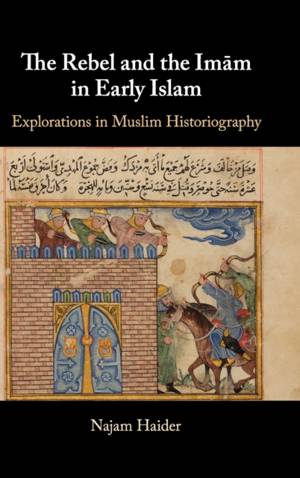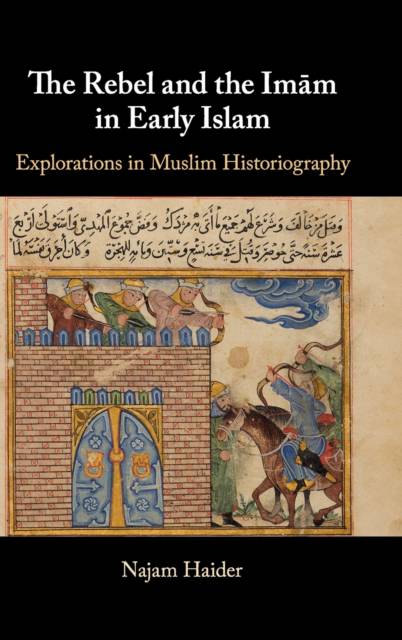
Door een staking bij bpost kan je online bestelling op dit moment iets langer onderweg zijn dan voorzien. Dringend iets nodig? Onze winkels ontvangen jou met open armen!
- Afhalen na 1 uur in een winkel met voorraad
- Gratis thuislevering in België vanaf € 30
- Ruim aanbod met 7 miljoen producten
Door een staking bij bpost kan je online bestelling op dit moment iets langer onderweg zijn dan voorzien. Dringend iets nodig? Onze winkels ontvangen jou met open armen!
- Afhalen na 1 uur in een winkel met voorraad
- Gratis thuislevering in België vanaf € 30
- Ruim aanbod met 7 miljoen producten
Zoeken
Omschrijving
Engaging with contemporary debates about the sources that shape our understanding of the early Muslim world, Najam Haider proposes a new model for Muslim historical writing that draws on Late Antique historiography to challenge the imposition of modern notions of history on a pre-modern society. Haider discusses three key case studies - the revolt of Mukhtar b. Abi 'Ubayd (d. 67/687), the life of the Twelver Shi'i Imam Musa al-Kazim (d. 183/799) and the rebellion and subsequent death of the Zaydi Shi'i Imam Yahya b. 'Abd Allah (d. 187/803) - in calling for a new line of inquiry which focuses on larger historiographical questions. What were the rules that governed historical writing in the early Muslim world? What were the intended audiences for these works? In the process, he rejects artificial divisions between Sunni and Shi'i historical writing.
Specificaties
Betrokkenen
- Auteur(s):
- Uitgeverij:
Inhoud
- Aantal bladzijden:
- 316
- Taal:
- Engels
Eigenschappen
- Productcode (EAN):
- 9781107026056
- Verschijningsdatum:
- 31/10/2019
- Uitvoering:
- Hardcover
- Formaat:
- Genaaid
- Afmetingen:
- 165 mm x 238 mm
- Gewicht:
- 589 g

Alleen bij Standaard Boekhandel
+ 345 punten op je klantenkaart van Standaard Boekhandel
Beoordelingen
We publiceren alleen reviews die voldoen aan de voorwaarden voor reviews. Bekijk onze voorwaarden voor reviews.











